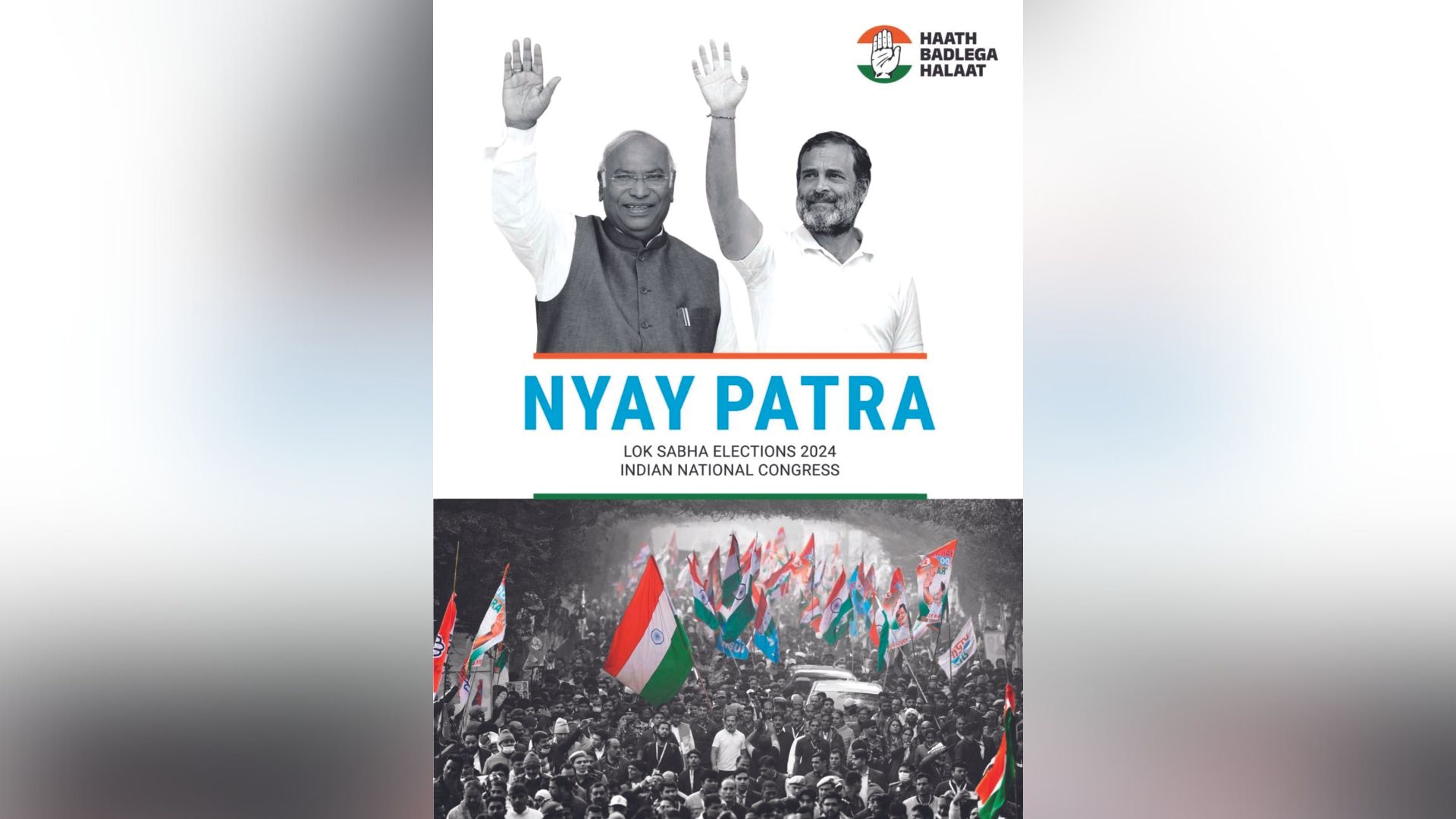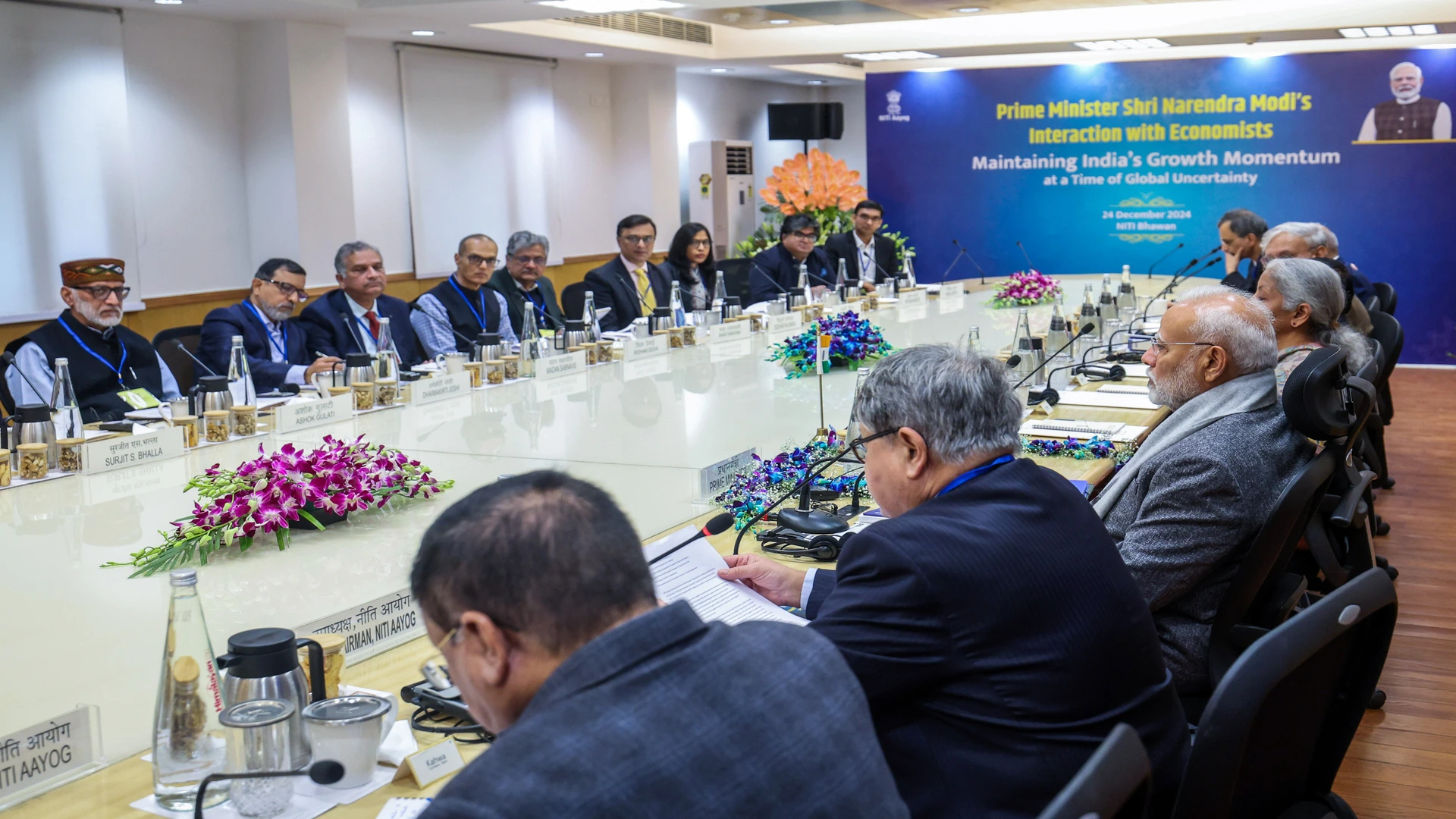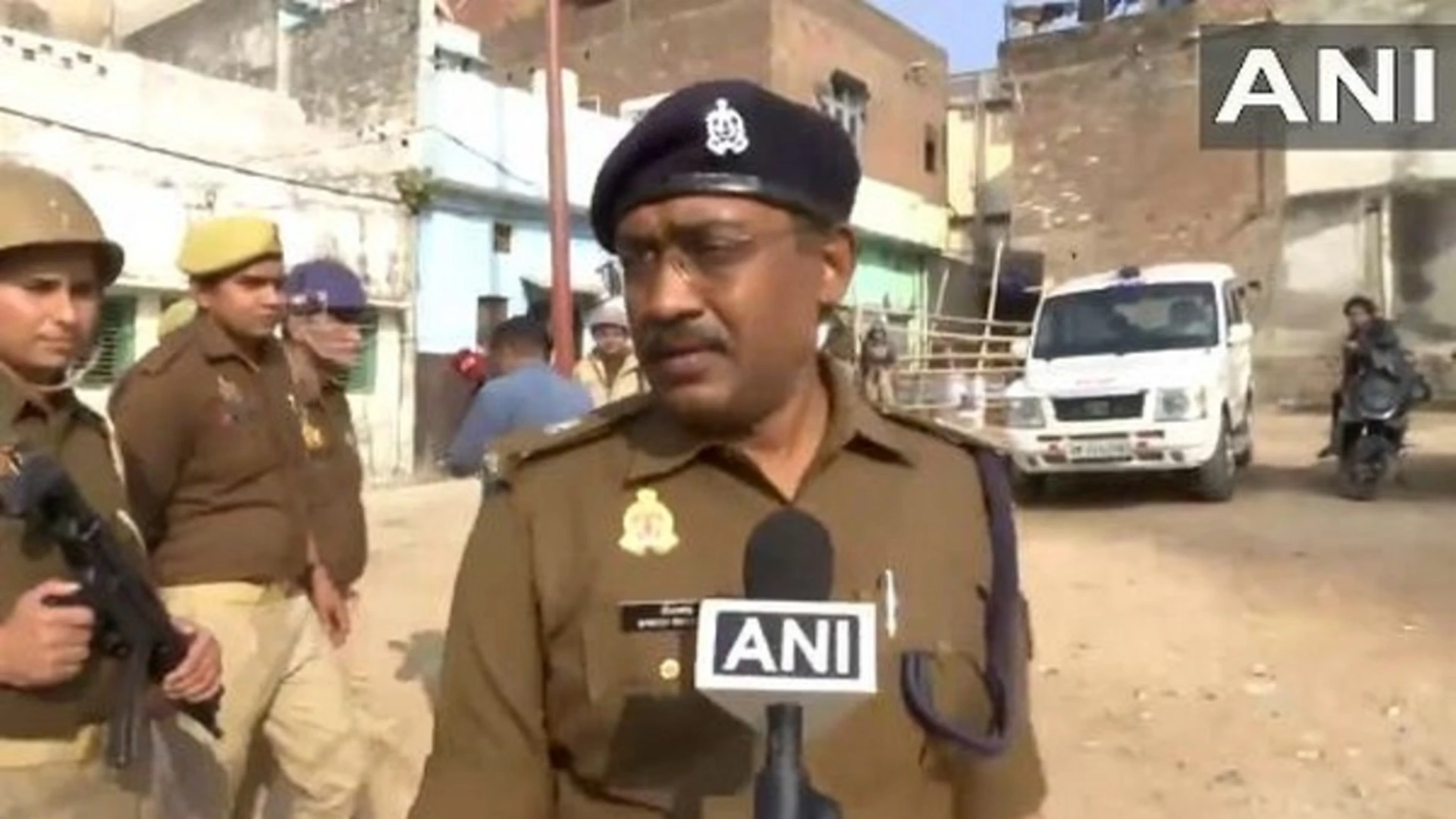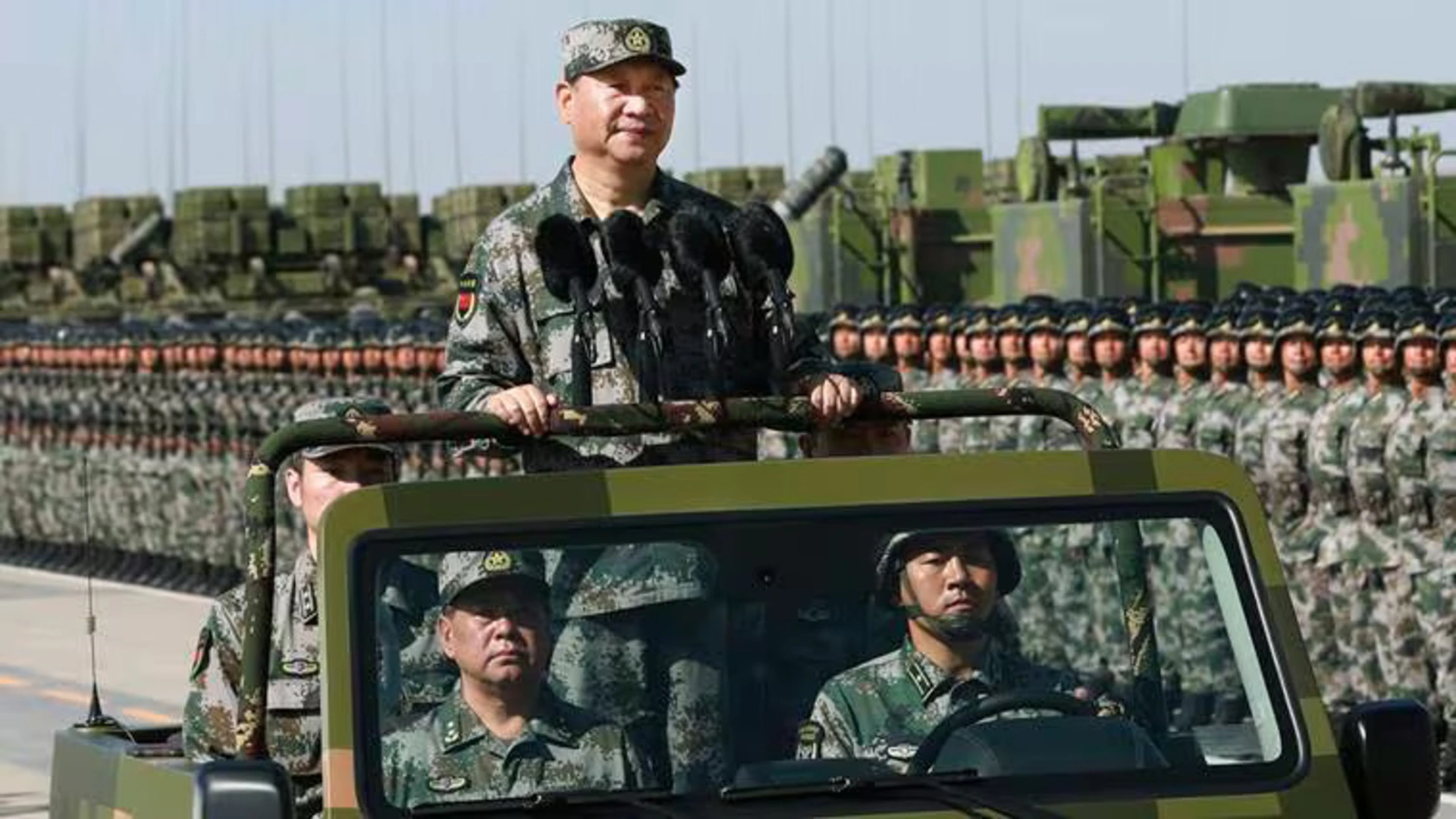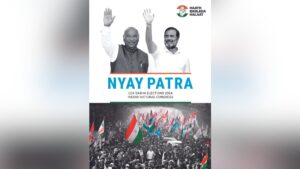Every election determines the direction our country takes. This election is no different and will determine whether we will digress further away from democracy or whether we will begin the process of restoration. The claim that India is digressing from democracy is not mere electoral rhetoric—there are numerous reports/studies which have attested to this unfortunate development, particularly after the BJP formed the government in 2014.
The space for debate and discussion has shrunk and parliamentary democracy has largely been reduced to a managed one. Public discourse has been muddied and with the advent of social media, people’s representation is increasingly under threat, rather than being empowered. People’s participation in the political process—not merely in the elections—has reduced. It is tragic that despite being a young country—with over 65% of our population being below the age of 35 years—Indian democracy faces citizen apathy.
In the backdrop of these challenges, the Congress party, is endeavouring to ensure better citizens’ involvement and participation in the political process. As a legislator below the age of 40 years, I have been appointed as a member of the manifesto and publicity committees of the Congress party. That the party entrusted me with such pivotal responsibilities is testimony to the importance the party is giving to youngsters.
In the course of drafting the manifesto, I had the opportunity to interact with people from across the country. A small team of volunteers helped in the process of drafting the manifesto. The team reached out to various sections of society and gathered information about people’s aspirations and facilitated interactions. These interactions were in sync with the objective of making the manifesto a consultative process.
As a young legislator, I was reassured to learn that the aspirations of the youth resonate with me. The youth of today seek jobs, development, and national progress. The prerequisite for national progress is active people’s participation in the political process. Democratic forces must not just be on paper but truly functional and progressive with no room for prejudice of any hue. I believe that it is incumbent on the citizens, particularly the youngsters, to ensure the protection of democracy in India. In fact, it is implied through the fundamental duties in our constitution.
It is incumbent upon us, as good citizens, to take part in political discourse and contribute to the larger discussions pertaining to national progress. Discussions about how adequate jobs can be created for our youth; how the economy can be revived; India’s place in the emerging new world order; enhancing inclusive and sustainable development and so much more. Because every political party claims to be driven by national interest, it is important to assess their vision as indicated in their manifesto. After all, only a rational and thinking citizenry can drive national development.
In the Congress party, it is our endeavour to enrich political discourse. Which is why drafting the manifesto is a consultative process, reflective of people’s aspirations across society. The party itself is a microcosm of Indian society with opportunities for the youth to take up leadership roles and key positions during elections.
Every election is not just an opportunity to select a government, but also a test to determine the path of national progress. Candid public discourse centered around national progress during elections tend to strengthen our institutions, while discourse around divisive and primordial topics weaken them. It is upon us citizens to compare the manifestoes of various political parties and discuss the practicality of the promises made during elections. It is important to ascertain whether a promise can be implemented or whether they are mere ‘jumlas’. In fact, it is pivotal to ascertain how well manifestoes have been implemented in the past by various governments.
It is this honesty which is the foundation of the Congress party’s confidence—candid conversations with people and a genuine effort to represent people’s aspirations. It is this message which we aspire to communicate in all our public interactions. With elections underway and a hectic electioneering schedule which criss-crosses the country, I look forward to meeting with and interacting with more youngsters to discuss ideas to strengthen democratic forces in India and to elaborate on the Congress party’s manifesto.

